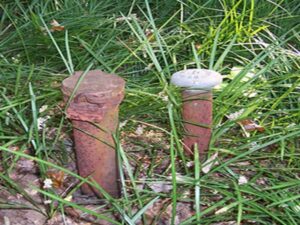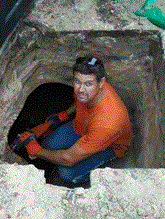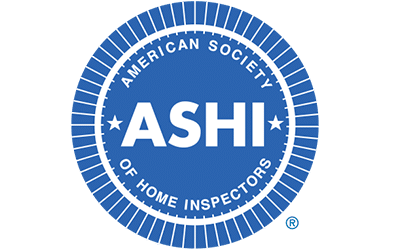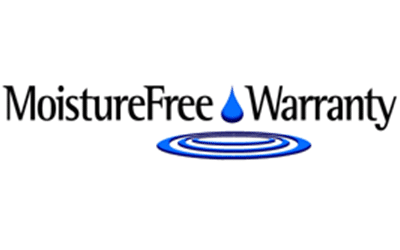Buried Oil Tank!!… What the Heck do You Do Now?

In thousands of houses around town, there is a monster waiting underground to leap out and eat your real estate deal.
That monster is known as the buried oil tank!
Popular from the founding of Florida until the 1960’s, oil
furnaces were a great way to make heat. They made your home toasty warm, responded fast to the thermostat, and fuel
oil was cheap.
With the development of the electric heat pump, the oil crisis of the 1970’s, and
increasing concerns about the environment, fuel oil as a home-heating source in Florida fell rapidly from
popularity. Today it is rare to find a home in Jacksonville that is heated by fuel oil. Most oil-fired furnaces have
been replaced by electric heat pumps or in pockets of town – natural gas.
Removing the old furnace was
the easy part. The more difficult issue was what to do with the onsite oil storage tank?
The oil tanks
that were above-ground were often removed as a part of the upgrade to electric. At other times they were left in
place and commonly not removed until the home was sold, when buyers often request the removal. That was cheap and
easy in the eighties.
Most above-ground residential oil storage tanks have been removed with many of them
being cut to become supersized BBQ grills!
Underground oil storage tanks possess some special problems:
To remove them requires that the tank be emptied of any liquid, that the tank be removed from the ground and
transported for proper disposal, and that the remaining hole is filled with dirt that is brought to the site to fill
the void left by the tank. As an alternative, many tanks were abandoned in place. Some had the oil removed. Some
not. Some were filled with sand to prevent future tank collapse; some not. 
Many had no reasonable remediation of the oil or tank, and the visible above-ground fill and vent pipes were cut off to hide the problem from sight, as well as from detection during a home inspection.
The fears of the home-buyer in purchasing a home with a buried oil tank are both very real, and at times even reasonable. There is a risk that a rusted tank could collapse. There is a risk of contamination by leaking oil. And there is a very real risk that a future buyer will insist that the tank be removed.
When a buyer has been informed that a buried oil tank is located on a property they are under contract on, there is an understandable amount of concern. Over the past 25 years, the intensity of that concern has increased tremendously. In 1994 when Residential Inspector of America first got involved with this issue, it was common for the buyer to just say ‘thanks for the discovery’ and forget about it. Those days are long gone. And if your client is relocating from California or the Northeast, things get challenging fast!
Like every other potential problem issue in real estate, nothing beats complete disclosure. If the seller is aware, put it on the seller’s disclosure. Better yet, contact RIA to do a pre-listing inspection and get the responsibility away from you as the agent!
Experience has shown that very few sellers will elect to have the oil tank removed unless demanded by the buyer. And experience has shown that most home-buyers these days are requesting that the tank be removed.
Back in the day, finding a reputable company to remove a buried oil tank was as easy as calling the company who regularly filled the tank; today, none of the very few of the known-remaining oil delivery service companies provides removal of tanks.
There are agents who don’t refer home inspectors for “fear of liability,” who instead refer a ‘Bubba with a back hoe’ off Craigslist to remove a buried oil tank! Beware when hiring someone to remove an oil storage tank! There is special licensing required and rules to be followed. You are better off with an IRS audit than an EPA investigation!

Greg Johnson
Owner, Petrogan
So what’s an agent to do when the negotiated contract includes removal of an above-ground or buried oil storage tank?
For the past decade, Residential Inspector of America has relied on Petrogan Petroleum Tank
Removal to get the job done without fear of the EPA or destruction of the home’s foundation and
surrounding vegetation.
To learn more, or for a tank removal proposal, visit www.Pertogan.com or call
owner Greg Johnson at 904-708-3616.




